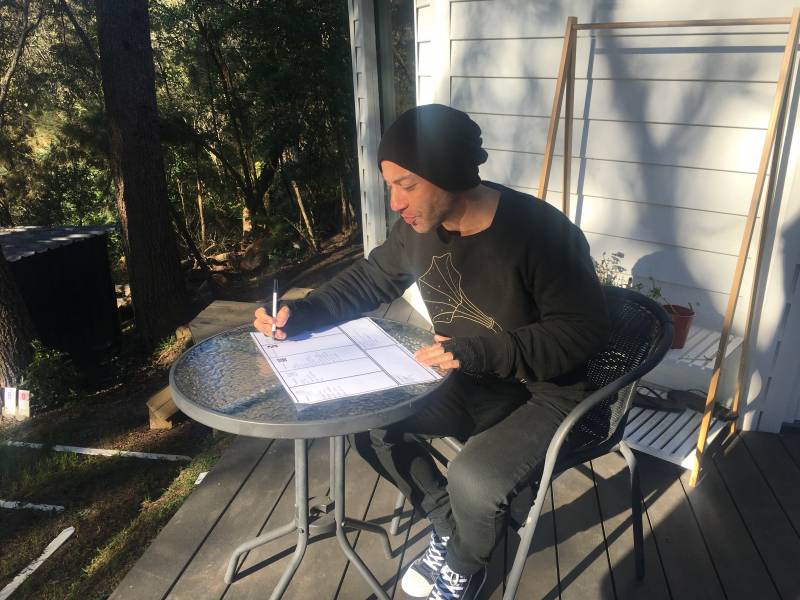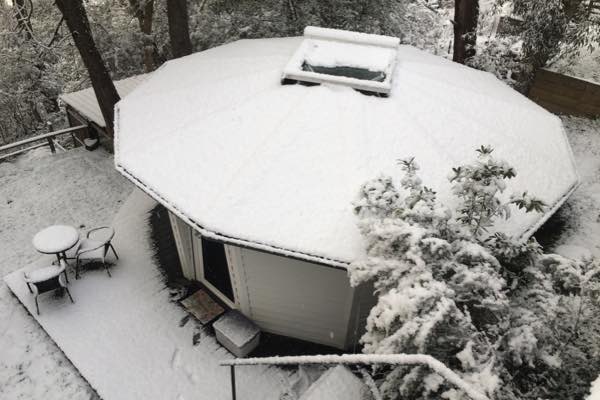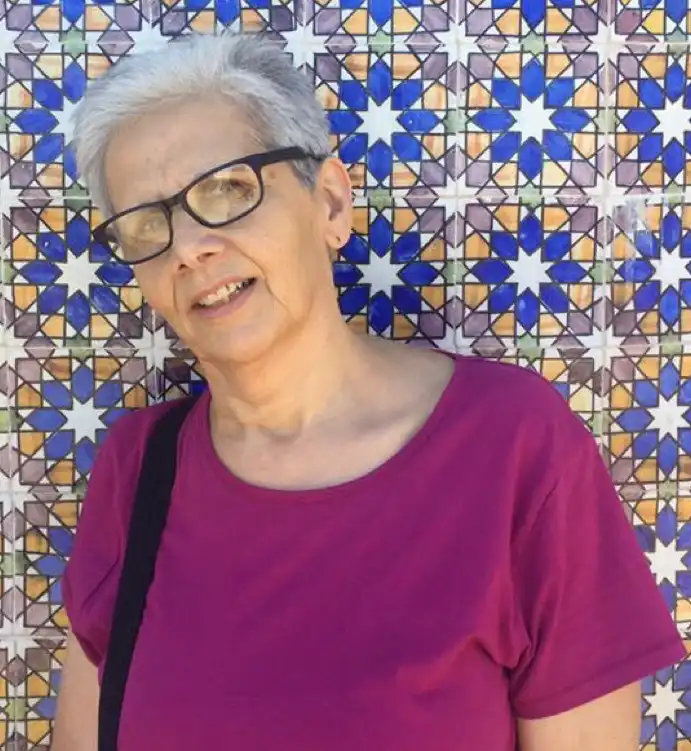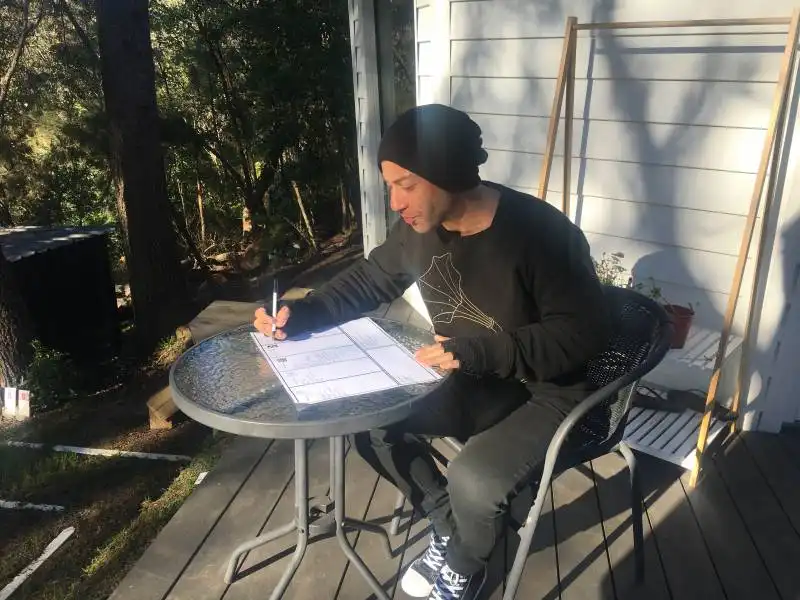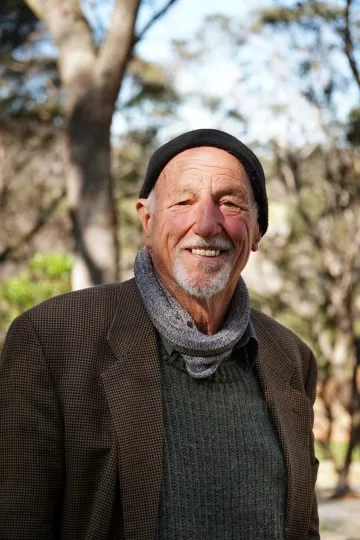Midlife Crisis
At midlife it is assumed that we have truly entered adulthood and left aside the follies of youth.
Depth psychologist Bill Plotkin suggests that very few of us have navigated life stages to reach a state of psychological health by the time we are middle aged:
True adulthood, or psychological maturity, has become an uncommon achievement in Western and Westernized societies, and genuine elder hood nearly nonexistent. Interwoven with arrested personal development, and perhaps inseparable from it, our everyday lives have drifted vast distances from our species' original intimacy with the natural world and from our own uniquely individual natures, our souls.
This lack of psychological maturity is not just detrimental to adults. In his latest work, The Shepherd’s Hut, novelist Tim Winton explores the impact on children when healthy development is absent.
You can read the speech he gave titled: Toxic masculinity is shackling men to misogyny.
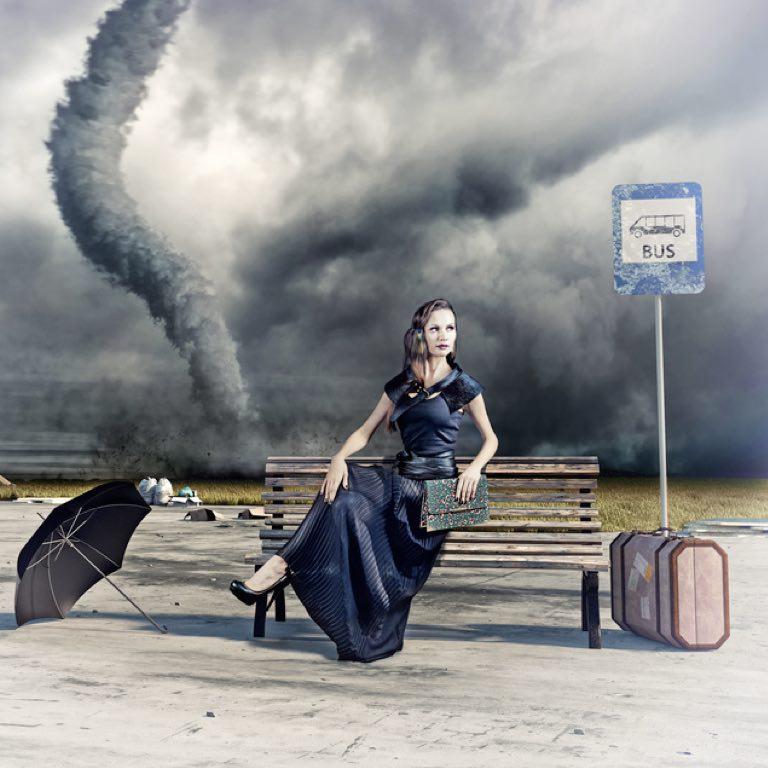
Midlife crisis symptoms make it hard to remain business as usual
Unlike traditional cultures that had rites of passage and a deep understanding of life stages and what they ask of us, modern culture adopts the view of the rugged individualist and sees midlife crisis as just enough thing to tough out.
Through working with numerous people navigating middle age, Carl Jung noticed the lack of support and wisdom people find. He went on to write:
“Wholly unprepared, [we] embark upon the second half of life. Or are there perhaps colleges for forty-year-olds which prepare them for their coming life and its demands as the ordinary colleges introduce our young people to a knowledge of the world and of life? No, there are none…. But we cannot live the afternoon of life according to the programme of life’s morning – for what was great in the morning will be little at evening, and what in the morning was true will at evening have become a lie.”
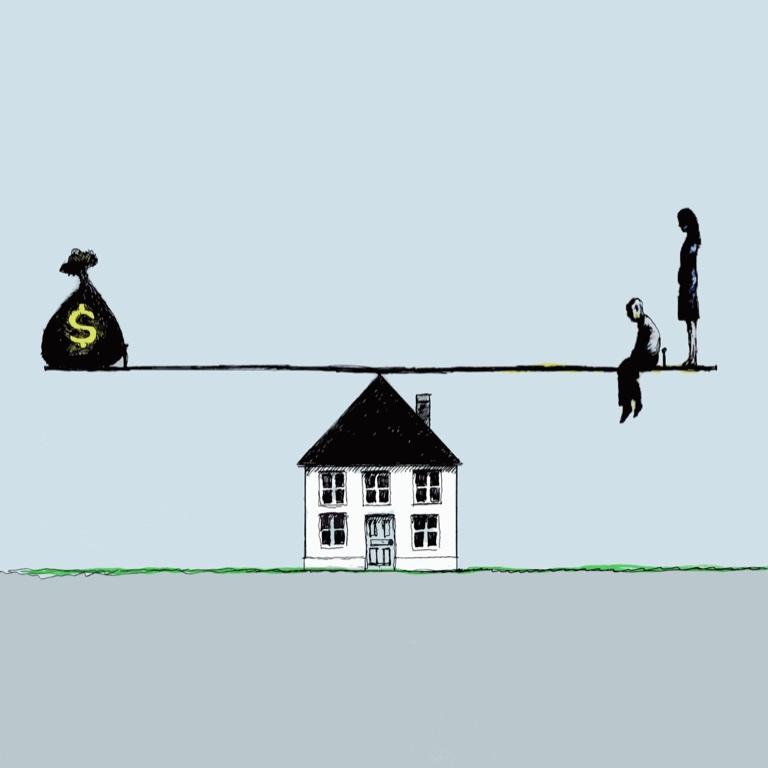
We may think there is a sure road. But that would be the road of death. - Carl Jung
Middle Aged Woman - Midlife Crisis Women
The philosopher David Whyte suggested we have 3 marriages to integrate, that with a partner, that with a vocation and that with ourselves.
He argues that “to neglect any one of the three marriages is to impoverish them all, because they are not actually separate commitments but different expressions of the way each individual belongs to the world.”
At 34, Elizabeth Gilbert had a home, a husband, and a successful career as a writer. Her source of unhappiness was an unfulfilling marriage, made worse by the pressure her husband was putting on her to have children.

Mid life crisis for women, if confronted, leads to their happiest years (approx age 56)
Carl Jung believed that working with our shadow, or hidden sides of ourselves was the necessary apprentice work in our development, but working with the anima / animus (masculine/feminine opposite to our gender) was the masterwork.
Elizabeth Gilbert did this when she asserted that she did not feel compelled to follow the cultural script of having children and a family. Instead, she focused on her writing career and gave up the financial security offered by a marriage to find a more authentic life.
For a number of women, mid life crisis for women emerges alongside a strong drive to focus on their needs, after often having subjugating them for others. It frequently occurs during menopause, or peri menopause when the reproductive urge lessens.
The psychologist James Hollis spoke of the different forces women encounter at midlife:
“Midlife crisis for women tends to be less of a sexual crisis than it is for men. A woman who is repressed at this time will naturally seek a lover, often younger, who is genuinely interested in her emerging power and self-expression. If a woman can find her purpose and learn to articulate it at midlife, she will have years of meaningful work ahead of her, as this crisis accelerates a renewal of energy.”
Midlife Crisis Men - Middle Aged Man
Middle aged men are often characterised by a sense of malaise, listnessness or the nagging fear that their careers have peaked.
The psychologist Carl Jung felt that we are driven to develop our inner being, which he called the Self.
Up until a midlife crisis hits, men in particular tend to be strongly outer-focused, be it on material or achievement questing ego.
Living in a culture that has grown outward and youth-oriented it has become easy for men to avoid developing feminine qualities and look to meet this imbalance through conquests of beautiful women. Alternatively, they can be tripped up by mother complexes where they seek out partners to take care of them rather than being self-responsible

Midlife crisis men - evading the chance for renewal sees a man's unhappiest years being around age 55
In his work, HE: Understanding Masculine Psychology, Robert Johnson regards a mans ultimate purpose “to connect him within the depths of his inner being and to make a bridge to his deepest self.”
One way in which midlife crisis serves to bring this about it through the physiological change of lessening virility.
This is just one of man midlife changes that invite us to work on achieving the four-folded completeness of the mother, the father and the inner masculine/feminine connection.
Of course, many men evade this valuable shift choosing to seek out affairs or relationships with younger women in the hopes of recapturing youth. Think of the cliches or men running off with their secretaries or buying sports cars.
What is a Midlife Crisis?
Midlife crisis is defined as: a loss of self-confidence and feeling of anxiety or disappointment that can occur in early middle age.
ABC Breakfast presenter Fiona Poole was feeling burnt out from work, parenting and a stressful year contending with bushfires and the pandemic. Her husband suggested she take a 3 month sabbatical, which she used to undertake a midlife review and recharge her batteries. You can read about her experience here.
Middle Age is What Age?
I regard the middle age age starting from around 35, when we are at provisional adulthood and ending around 55 as we begin to transition into elderhood.
One could argue that the midlife crisis age is often at its most intense around the age of 45 when people are ending the ten year cycle which Gail Sheehy regarded as our ‘deadline decade.’
Signs of Midlife Crisis
Men and women may experience major differences with middle age, there are a number of common signs that emerge to indicate symptoms of midlife crisis:
- Depression
- Career dissatisfaction
- Relationship breakdown
- Alcoholism and addictions
- Insomnia
- Lethagy, confusion and a lack of direction>
- Significant discrepancy between the life we want and the life we live
- Loss of identity (triggered by departure of children etc)
- Life-threatening illness or a brush with death
- Anger and frustration
- Collapse of the false or acquired self
The time a person spends in each of the midlife crisis stages is unique but many people remark on take a journey into emptying out before experiencing a rebirth.

One must have chaos in oneself to give birth to a dancing star - Nietzsche
Stages of a Midlife Crisis
- >Malaise or frustration
- Tragedy, betrayal and loss
- Despondency and hopelessness
- Emergence of a new direction or rediscovering one’s essential self
- Renewal in areas such as relationships, career and self-worth
- Rebirth into a more authentic and enlivened self

Movie Slogan: Nick Halsey’s life is not going well. So he’s selling it.
Life Stages
Erik Erikson researched adult development and concluded that each phase of life has particular themes or crises we must navigate.
In traversing my own midlife crisis I’ve come to deeply understand the opportunity it presents us to change outdated patterns and modes of behaviour that keeps us from living our best life.
As a way to help others manoeuvre their way through the ages of 35 to 55 I’ve created a two day retreat program that can be done at my retreat centre or online.

Menopause symptoms have been studied largely in women but male menopause also takes place at midlife

